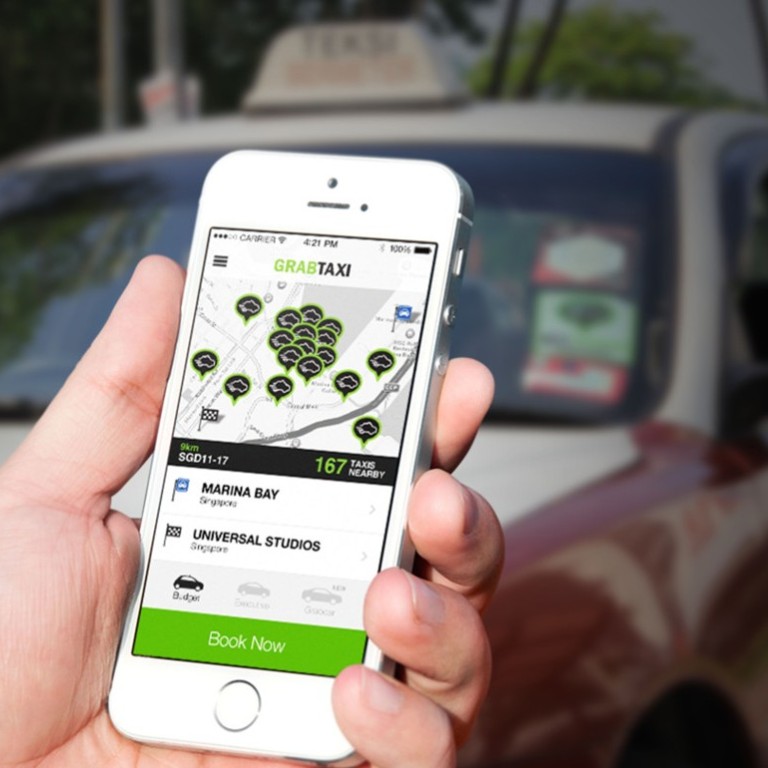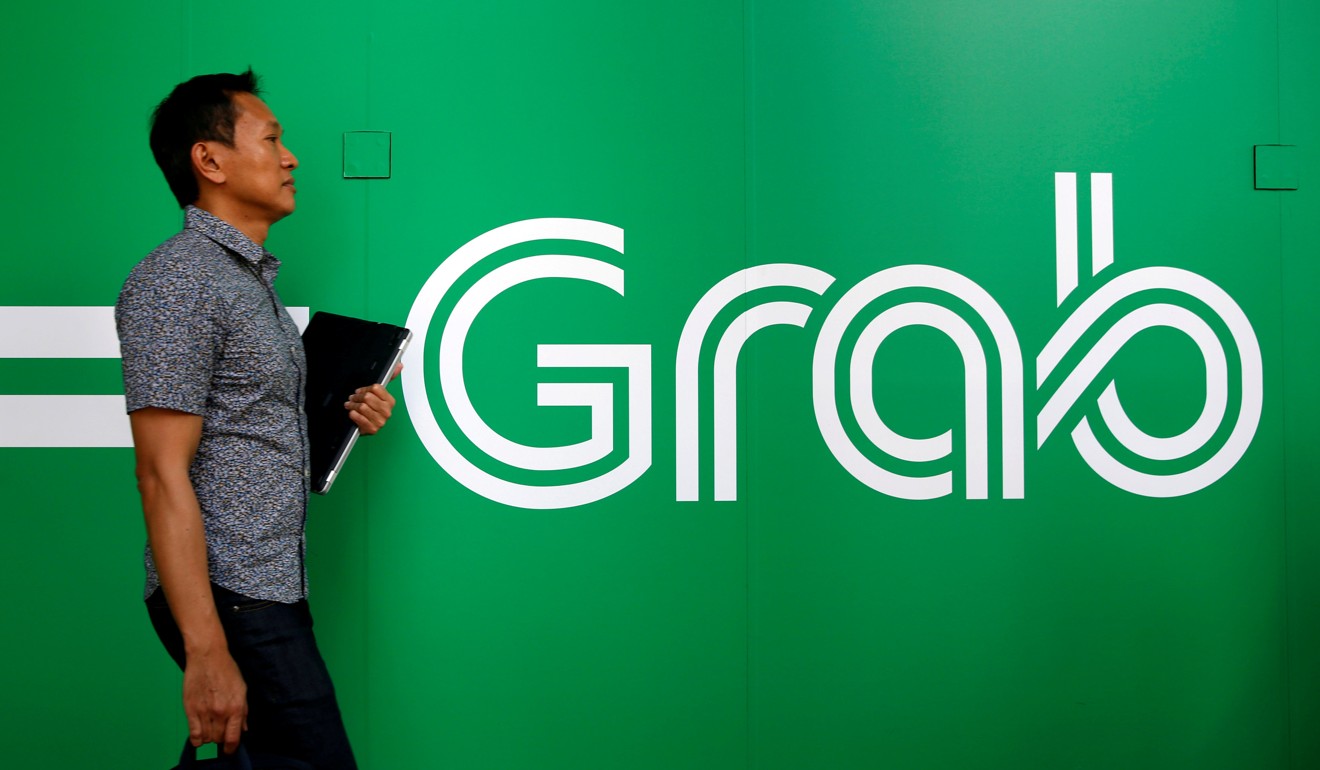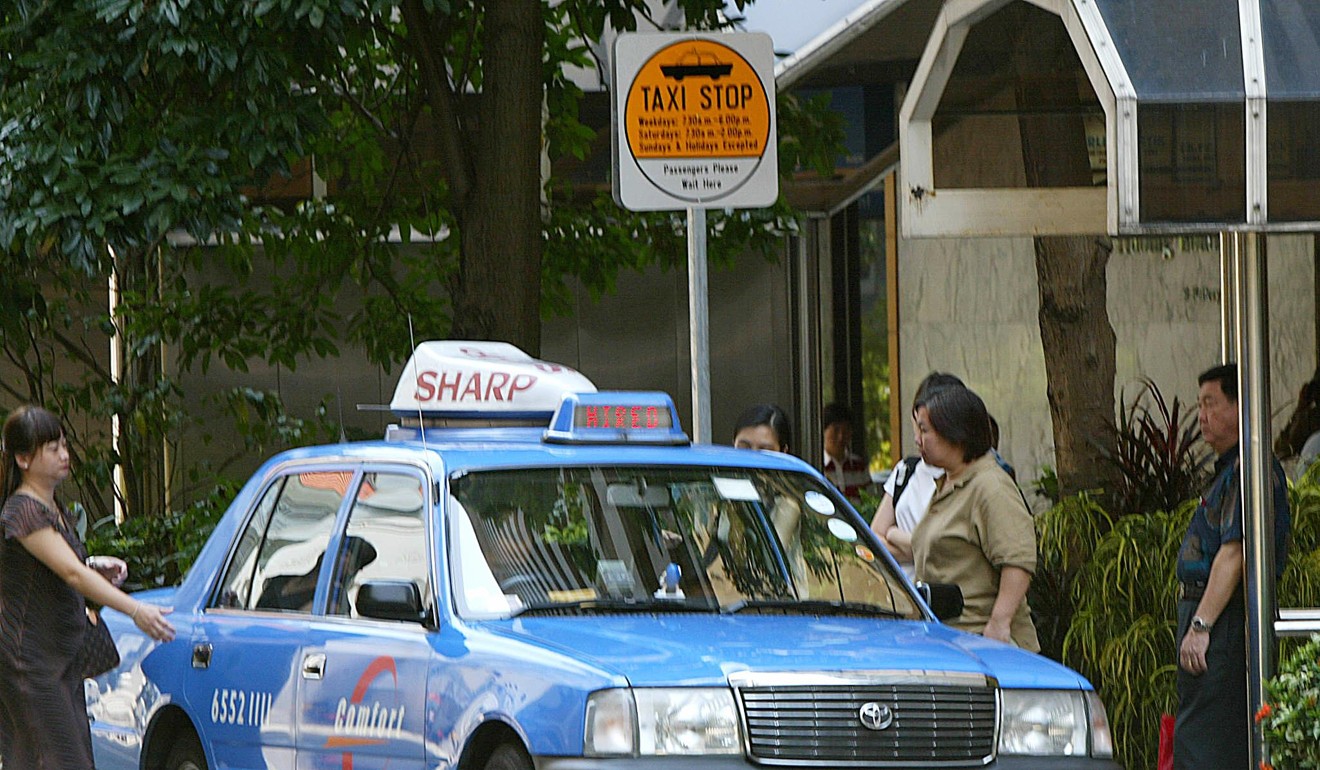
Singapore threatens to reverse Uber’s sale of Southeast Asian operations to Grab
Singapore’s competition watchdog said it found the merger substantially reduced competition in the ride-hailing market, leading to increased prices.
Uber and Grab called truce on a potentially ruinous subsidy war in Southeast Asia after the former agreed to bow out of the region in exchange for a stake in its Singapore-based rival. Now the country’s antitrust watchdog has threatened to reverse the deal if proposed remedies fail to address its concerns, a move that Grab has called “overreaching”.
The Competition and Consumer Commission of Singapore (CCCS) said on Thursday that it had received “numerous complaints” from both riders and drivers about an increase in prices following the merger, first announced in March.
The commission is proposing to fine both Grab and Uber for proceeding with the merger despite knowing that the deal is likely to raise regulatory concerns. It is also proposing remedies including freeing drivers and taxi companies from exclusive arrangements to use Grab’s ride-booking platform, maintaining prices and driver commission rates at pre-merger levels until competition is revived, and preventing Uber from selling its rental business to Grab without prior approval.

The commission’s provisional findings represent a setback to Grab, which recently raised US$1 billion from Toyota Motor and launched a venture capital arm as it accelerates efforts to build an online platform of on-demand services in Southeast Asia. The removal of exclusivity arrangements could open the way for Indonesian rival Go-Jek and other companies to more easily gain drivers in the Singapore. Held up as a model of efficiency, the city state’s policies are also closely monitored by other governments in the region.
The commission is seeking public feedback on the proposals and the companies have 15 working days from the receipt of the provisional findings to respond, after which the regulator will make its final decision.
“This provisional decision and proposed remedies are overreaching and go against Singapore’s pro-innovation and pro-business regulations in a free-market economy,” Grab said in a statement. “We note that the provisional decision is not final nor effective yet, and we will submit our written representations to the CCCS before the deadline. We will take all appropriate steps to appeal against this decision.”
Uber did not immediately respond to an email sent outside regular US business hours.
Grab acquired Uber’s Southeast Asian operations for an undisclosed sum, in return for giving Uber a 27.5 per cent stake in the Singapore-based firm. The two companies share a common shareholder in Japan’s SoftBank Group.

Before the merger, both companies had been locked in a fierce battle for market share across the region since 2013, providing driver and rider subsidies in an attempt to become the dominant player.
Since then, several new companies have launched operations in Singapore.
Indian ride-hailing company Jugnoo now operates in Singapore, allowing users to book rides and giving drivers some control over the prices of the rides. Local carpooling start-up Ryde also rolled out its RydeX service, which lets users schedule a private ride in advance.
Indonesia’s Go-Jek recently revealed plans to enter the Singapore market in the near future. In June, the company announced that it would be opening units in Vietnam and Thailand, challenging Grab in those markets.
In China, the US$35 billion merger between Didi Chuxing and Uber China in 2016 also drew regulatory scrutiny over concerns that the combined entity would be a monopoly in the ride-hailing sector, although the merger stemmed losses in the billions from both companies providing incentives to riders and drivers to use their service.
In the wake of Uber’s departure from the market, a slew of new competitors have sprang up to challenge Didi, with companies such as Shouqi and Meituan Dianping also offering ride-hailing services in several Chinese cities.

